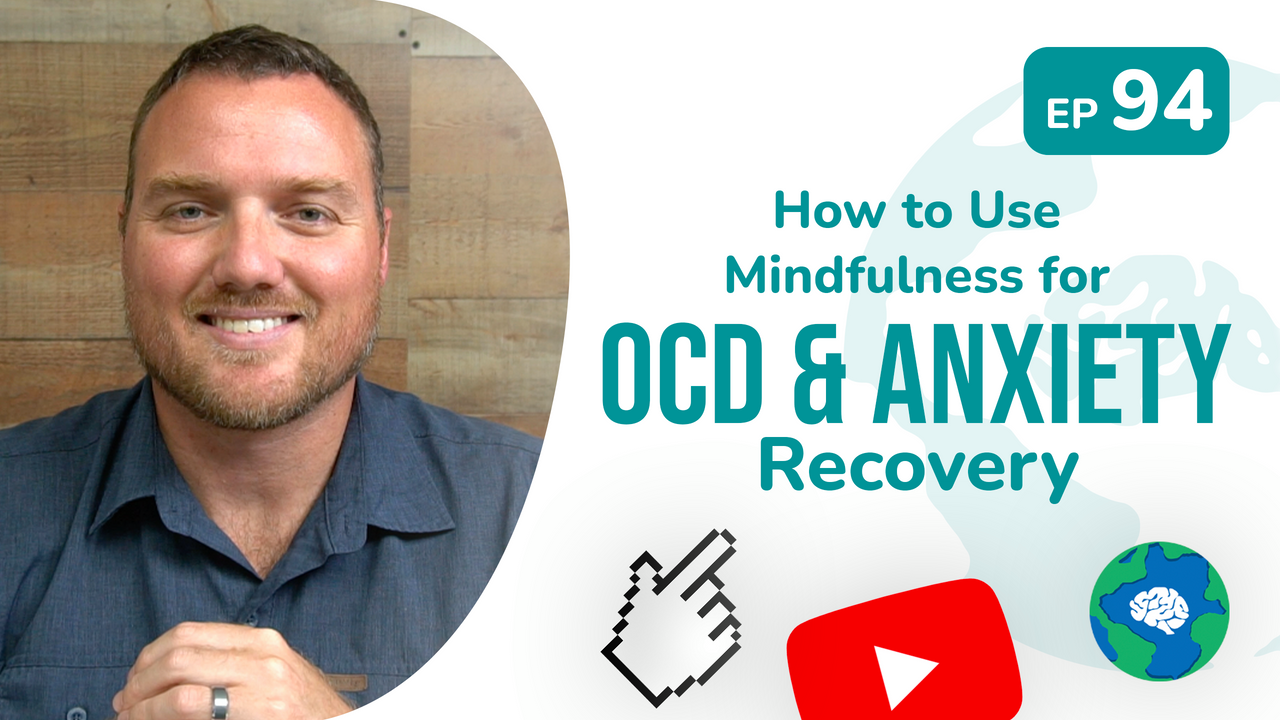How to use Mindfulness for OCD & Anxiety Recovery
Jun 23, 2021
Unlocking the Power of Mindfulness for OCD and Anxiety Recovery
What is Mindfulness?
Mindfulness, as introduced to the Western world by John Kabat-Zinn, is an essential practice that involves paying attention on purpose, in the present moment, and without judgment. This practice is foundational for managing OCD and anxiety, enabling individuals to regain control over their thoughts and emotions.
Breaking Down the Components of Mindfulness
1. Paying Attention on Purpose: The first step in mindfulness is consciously choosing where to direct your attention. Often, our consciousness becomes absorbed in various forms of media or our thoughts. This intentional focus helps reclaim that attention, making us more aware of the present.
2. Living in the Present Moment: Most people spend their time ruminating about the past or worrying about the future. Mindfulness anchors us in the present moment, allowing us to experience life as it unfolds. This shift can significantly reduce needless suffering caused by hypothetical scenarios that might never happen.
3. Non-Judgmental Awareness: A cornerstone of mindfulness is observing our thoughts and feelings without judgment. For those suffering from OCD and anxiety, intrusive thoughts become distressing when judged as bad or unacceptable. Adopting a non-judgmental stance creates a space where thoughts can exist without causing distress.
Meditation vs. Mindfulness
While often used interchangeably, meditation and mindfulness are distinct practices. Meditation involves a dedicated time to practice non-attachment to our thoughts and emotions, often using the breath as an anchor. Mindfulness, on the other hand, is an ongoing practice of maintaining this kind of awareness throughout the day.
The Trap of Using Mindfulness as a Means to an End
One common pitfall is attempting to use mindfulness to achieve a specific outcome, like getting rid of intrusive thoughts or unpleasant feelings. This approach is counterproductive and runs counter to the essence of mindfulness, which is to accept whatever arises without trying to change it.
The Paradox of Mindfulness for OCD and Anxiety Recovery
Mindfulness involves a paradox: being fully present with your intrusive thoughts and anxiety without trying to eliminate them. This acceptance allows these thoughts and feelings to pass more naturally. When we stop judging our thoughts as bad or invasive, they lose their power over us, making it easier for them to come and go.
The Importance of Perception and Reactiveness
The stories and beliefs we attach to our thoughts often amplify our distress. By cultivating mindfulness, we can change our perceptions and reactions to these thoughts, reducing their impact on our daily lives.
Conclusion
Mindfulness is a transformative practice for those struggling with OCD and anxiety. By embracing the components of paying attention purposely, living in the present, and adopting a non-judgmental stance, we can foster a more peaceful and balanced mind.


